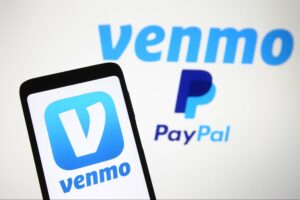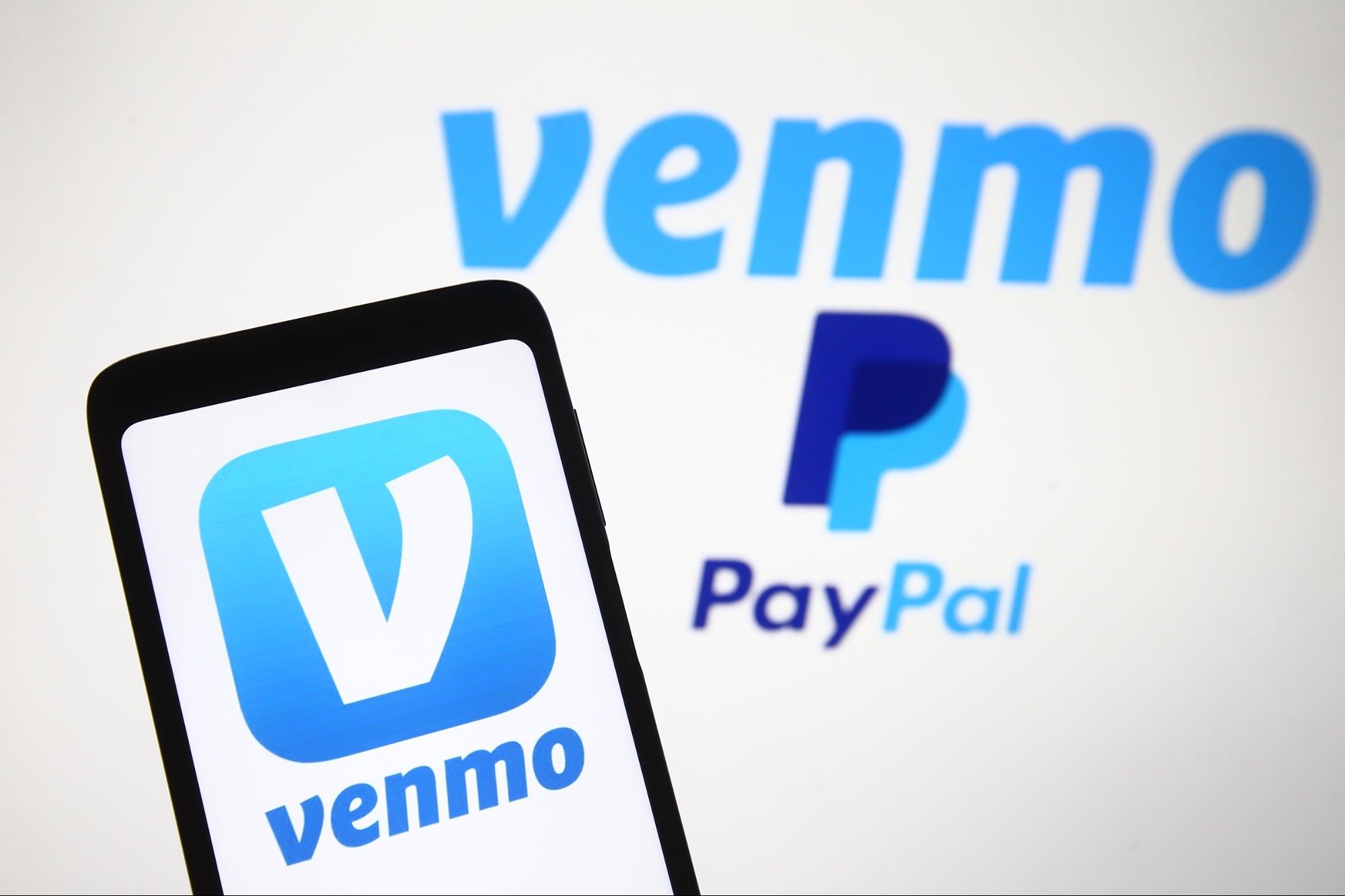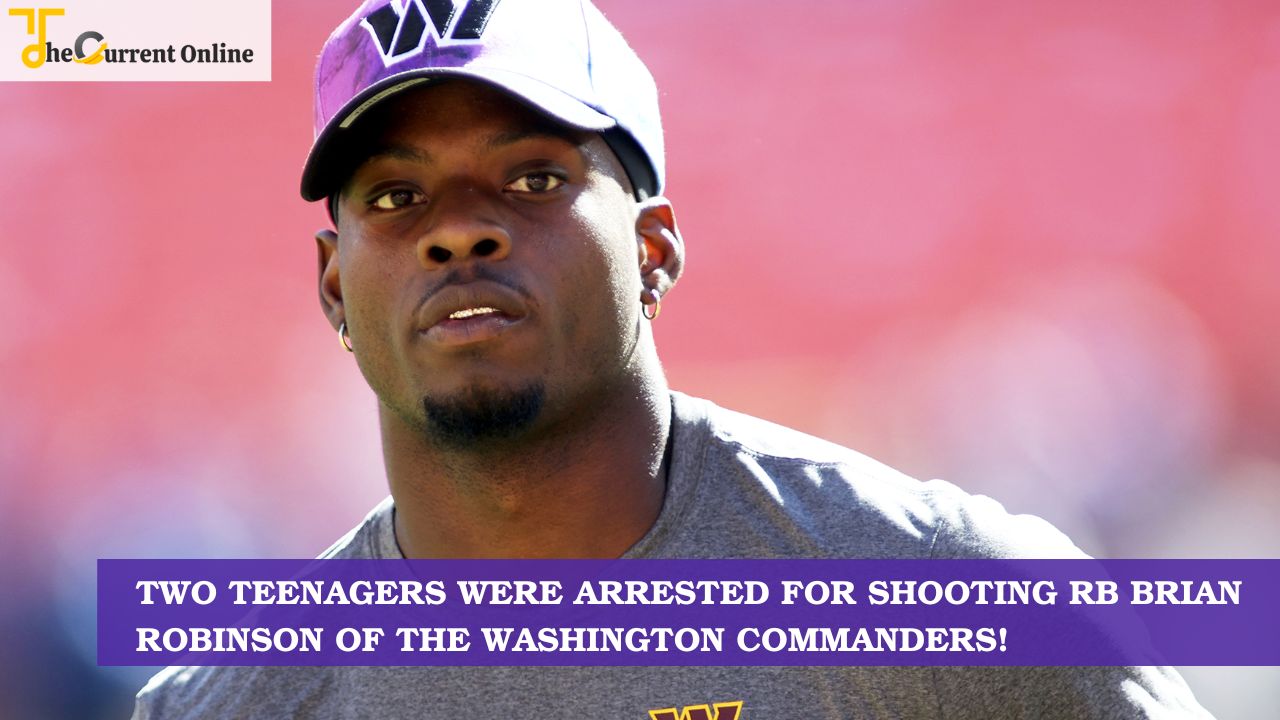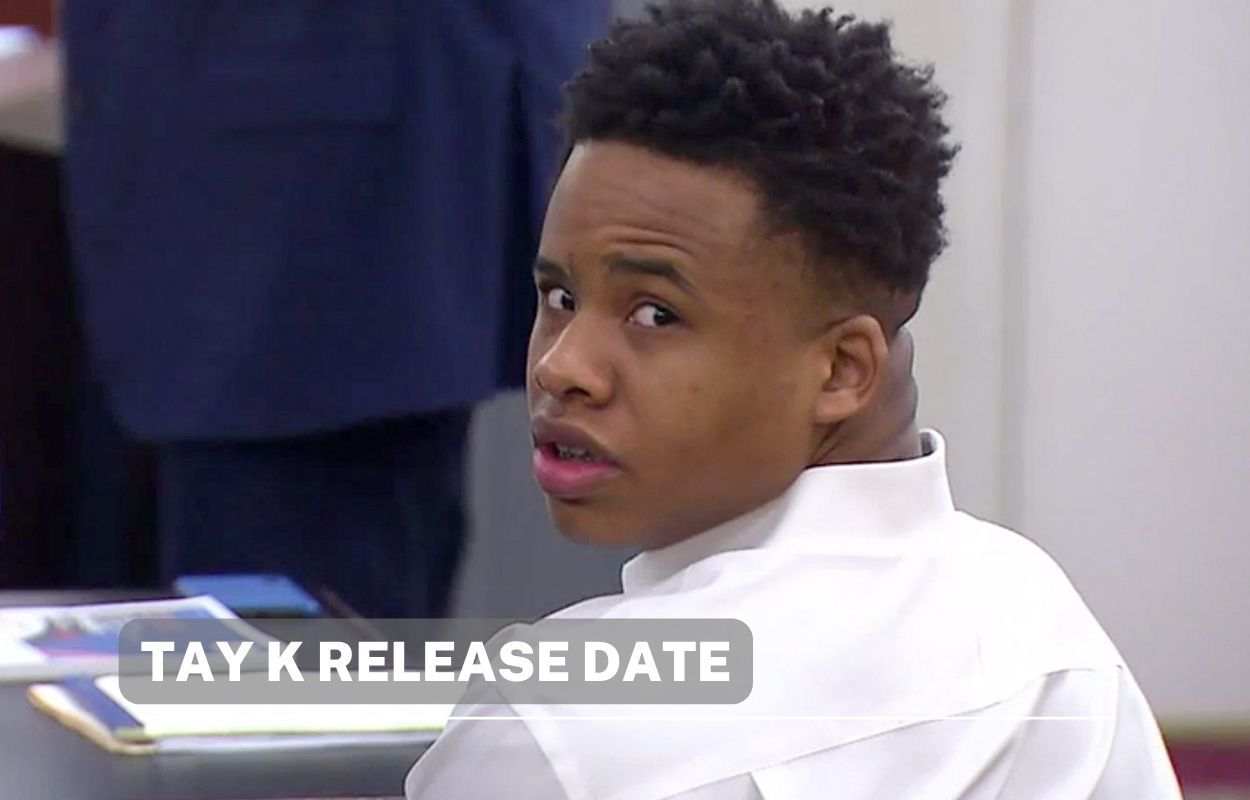Payment applications like PayPal, Venmo, and CashApp will have to provide 1099s to small businesses and self-employed individuals, the IRS recently stated. To help you out, I’ve put up the following list of information:
Those who run tiny enterprises or have a side hustle are the target of the new rule.
Payment apps will be required to report to the IRS the total amount of payments received by a business account in excess of $600 beginning in tax year 2022.

When an account receives more than $20,000 and has more than 200 transactions in the year, a payment app is obligated to provide this information. This new regulation is clearly aimed at small enterprises and individuals with a side hustle.
Before, these micro-businesses that made less than $20,000 a year were exempt from the 1099 regulation, but they will now be taxed like any other firm, big or small.
Regardless of whether a 1099-K was issued from a payment app, any money received by a small business, including a side hustle, must be reported to the IRS. Payment apps and credit card processors have been dealing with this issue for years for businesses of all sizes.
These small firms, however, do not have in-house tax departments or CPAs who prepare their taxes to help them navigate the many income concerns and questions that occur when they receive a 1099-K.
Small businesses are concerned about the possibility of two 1099s reporting the same amount of income.
In the event that payment apps “deliver a 1099-K to a small business for payments received and the firm that makes the payment will also send a 1099-NEC, thus double counting the income,” Phoenix CPA Ignatius L. Jackson is concerned.
Jackson says, Consider a part-time freelance graphic designer who receives $3,000 in PayPal payment from a single customer for their services. For the $3,000, the freelancer will receive a 1099-K from PayPal, as well as a 1099-NEC from their company customer.
According to the freelance graphic designer’s two 1099s, he made $6,000 in one year. In reality, the IRS is telling firms to give a 1099-NEC to contractors they pay, even if they know the contractor will simultaneously be receiving a 1099-K from their payment app.
For self-employed individuals and small enterprises, the IRS is requiring two 1099s, which may generate confusion and overreporting of revenue.
Concerns about the misreporting of personal payments
Personal and corporate accounts are available for both PayPal and Venmo. A separate business account can be set up by business owners, and consumers can be billed from that account instead of their personal account.
Business owners will frequently receive personal payments into their business accounts, regardless of the two-account arrangement. These payments will be recorded on their 1099-K to the IRS.
Some of the most typical self-employment scenarios have many examples of this. To illustrate this point, think of a hairstylist who goes out for drinks with one of her clients who is also a customer and ends up paying for her hairdresser friend’s company account.
There are also those who receive $7,000 per year in compensation for their services and are reimbursed $2,000 per year for the petrol or food they purchase to care for the children.
There will be no taxable portion on the 1099-K if the childcare provider is paid via Venmo in whole for the year’s $9,000 in payments. They can undoubtedly deduct the cost of their trip and food as an expense from their income; however, they will have to verify the amounts reported on their 1099s to ensure that they are not declaring more income than they have received.
A guide to the new Venmo/Paypal regulations
To prevent underreporting their income on their taxes, small businesses that will start receiving 1099s as a result of the new regulations should bear in mind the following three important suggestions.
Do not use the same app for both your business and personal finances. A separate business account should be used by small-company owners and self-employed individuals. A separate business checking account should be the only thing this person uses to pay for business-related expenses and revenue.
Their 1099-K will be impacted if they accept personal reimbursements and monies into their business-payment account, so they need to be careful.
Keep a record of your expenditures and reimbursements. Be sure to keep detailed records of all business expenses and any refunds you get for fees you incurred on behalf of a customer. You can deduct these sums from your gross income on a 1099-K, but you must keep meticulous records and keep track of them in order to do so.
On 1099s, don’t make the mistake of double-counting your revenue. An independent contractor who offers services to a business customer may receive a 1099-K from the payment app and a 1099-NEC from the same customer for the same payment in multiple cases.
In order to avoid being taxed twice on the same income, self-employed individuals and small enterprises using payment apps must ensure that they do not count these sums twice on their tax returns.
The 1099s aren’t enough to keep track of your earnings. They can lead to overpayment of taxes, as both the payment app and the business customer paying the small business or freelancer are required to disclose the payment.
Keep up with the changes and do your research, and you won’t have to deal with any additional headaches as a result of them.




